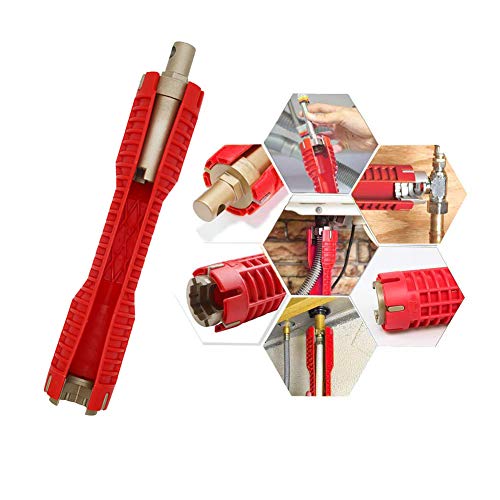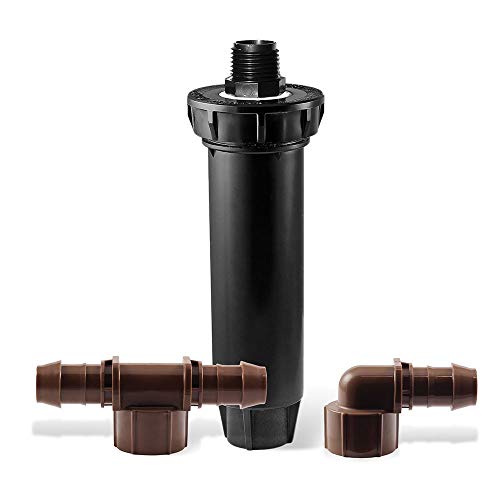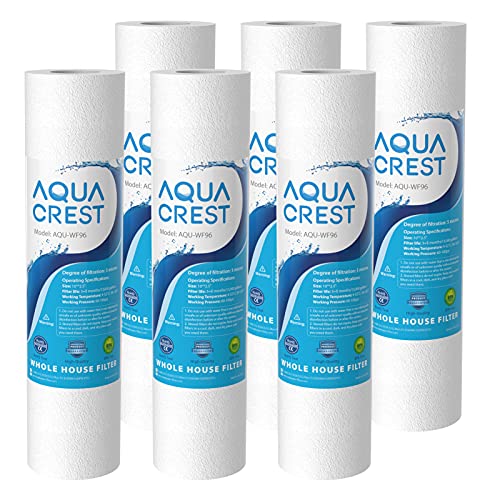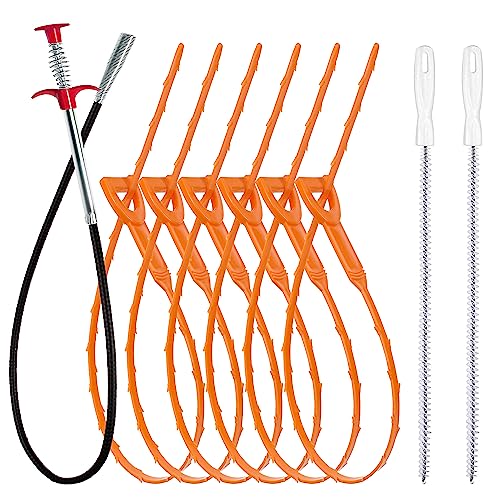greatwhitenorth
Member
I am new to the South Dakota black hills area. Gets really really cold here. I am installing a brand new water service line from the curb stop to the meter inside the garage.
The house will be vacant in the winter. I plan on having a plumber winterize the home. He will blow out the lines and put anti-freeze in some places as I understand it.
What I don't understand is what will keep the new water service line from freezing where it comes up into the garage? I don't think it is possible to blow the water out of it, is it?
Is there anything I can do with the new service line I plan on installing that will help with winterizing it?
Thanks for any help. This new service line is expensive and I really would hate to spend all that money and have it freeze and burst.
The house will be vacant in the winter. I plan on having a plumber winterize the home. He will blow out the lines and put anti-freeze in some places as I understand it.
What I don't understand is what will keep the new water service line from freezing where it comes up into the garage? I don't think it is possible to blow the water out of it, is it?
Is there anything I can do with the new service line I plan on installing that will help with winterizing it?
Thanks for any help. This new service line is expensive and I really would hate to spend all that money and have it freeze and burst.









![MEISTERFAKTUR drain snake 2.0 [50 FT] - with drill attachment - Ideal plumbing snake for sink and drain unblocking - Solid drain auger for real DYIs! (50 FT - 1/4 inch)](https://m.media-amazon.com/images/I/41VwmTiOsgL._SL500_.jpg)
















































